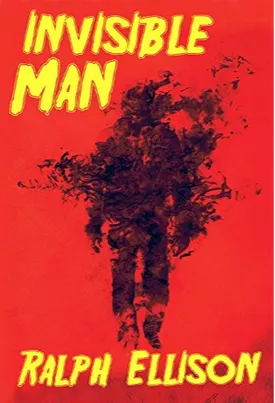Ralph Ellison
Ralph Ellison was a celebrated author and essayist who shaped the literati of the 20th century and whose works confront the racial injustice and oppression of the African American experience. His sole novel Invisible Man is widely regarded as one of the most defining works of American literature, earning him the National Book Award in 1953.
Ellison was born in Oklahoma City on March 1, 1914. As a young boy he received a saxophone from his father and took up playing music full-time as a teen, playing in small jazz and blues bands. His career as a musician was interrupted when his father died — he moved to New York City and committed himself to writing instead.
Ellison’s only novel, Invisible Man, was published in 1952 to great acclaim. The work blends African American folklore with a story of a young black man struggling to find identity and purpose in a society stereotyping and institutionalizing racism. It was instantly hailed as a masterpiece, garnering him the National Book Award and a place among some of the most iconic authors of the 20th century.
In the years following the release of Invisible Man, Ellison had been working on a novel known as Juneteenth, which was posthumously published in 1999. Juneteenth investigates African American identity and cultural heritage by chronicling the life of Senator Adam Sunraider. As many of Ellison’s works did, it explored the multifaceted effects of African American oppression, discussing issues such as politics, religion, and education.
In his lifetime, Ellison wrote numerous essays, articles, and short stories exploring racism and identity politics, many of which were anthologized and published to wide audiences. Alongside his fiction, nonfiction, and essays, Ellison was also both a professor and a lecturer, teaching widely in various universities over the years. He was awarded the National Medal of Arts in 1985, shortly before his death in 1994.
Ralph Ellison is widely considered to be one of the most influential African American literary figures of the 20th century. His works explore racism, identity, and the African American struggle for inclusion and recognition, offering an important insight into American society. Invisible Man and Juneteenth remain essential works to the American canon, while his essays and stories provide a rich and compelling cultural history. Ellison’s work is essential reading for any student of American history or contemporary literature.

